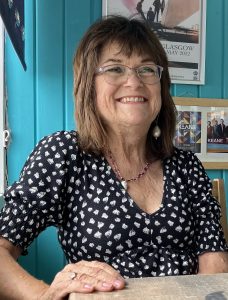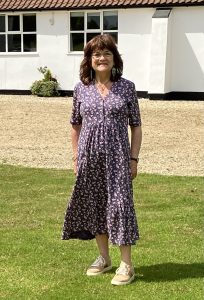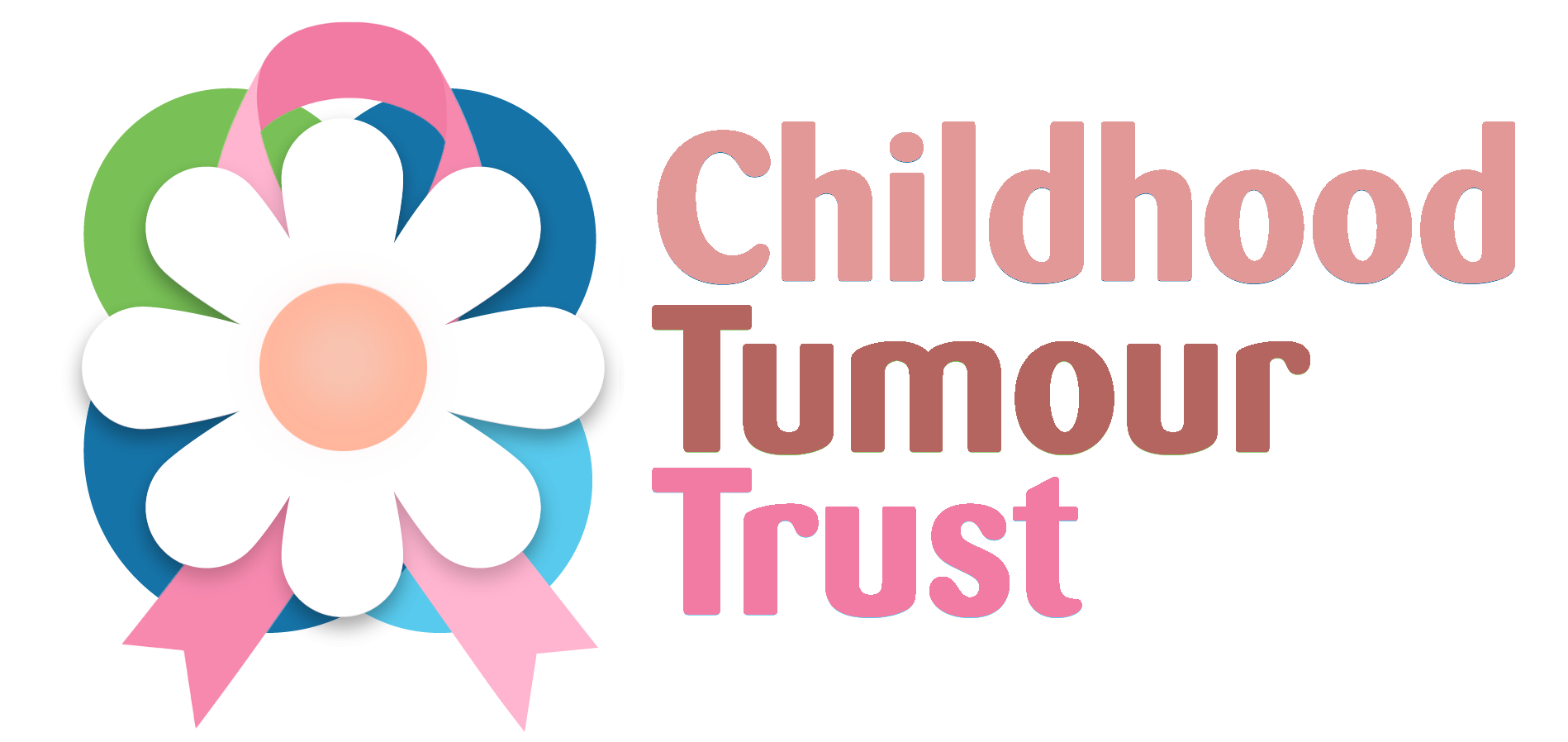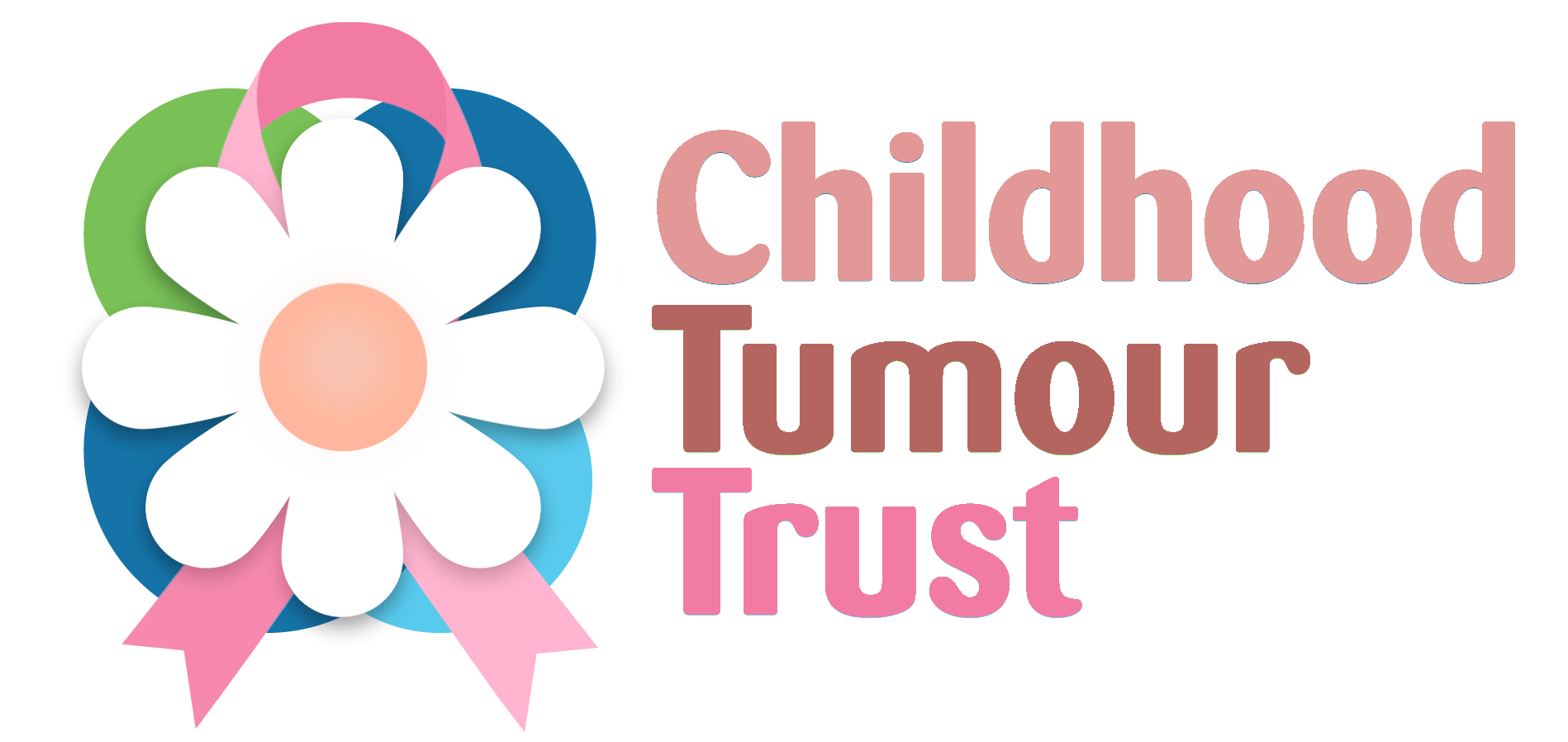I’m not going to be the only woman not to know about the increased risk of breast cancer
Diagnosed with neurofibromatosis (NF1) in the late 1980s, Andrea Lawrance was given very little information about her condition. It would be a number of years before she would begin receiving annual check-ups, and even then, she was never informed of her increased risk of breast cancer. Having now been on her own breast cancer journey, she hopes to raise awareness, particularly amongst young women in the NF community, as to the potential cancer risks, to ensure they are fully informed and not left in the dark.

Andrea Lawrance was diagnosed with the rare genetic condition, neurofibromatosis (NF1), in 1988 when she was 26 years old. She had always had café au lait marks on her skin, a common symptom of NF1, but thought they were regular birthmarks. In her mid 20s, she developed a small growth on her hand. Not unduly worried, she finally consulted with her general practitioner (GP), who sent her to her local hospital. The lump was removed, and Andrea was asked if she had any other ‘strange’ lumps. She had a slightly larger one under her right breast, which her consultant was also keen to remove. It was during her follow up consultation that Andrea rather abruptly received her diagnosis of NF1. “The consultant sat me down in the hospital corridor and said ‘you’ve got neurofibromatosis. That’s what the elephant man had.’ Then he stood up and walked away.” (Joseph Merrick, born in the late 1800s, was nicknamed the elephant man due to his extreme physical deformities. It was originally thought the cause was NF1, but it is now widely believed to be because of the extremely rare condition Proetus syndrome.)1
Andrea says receiving her diagnosis was like having the rug pulled out from under her. She was given no further information at that initial appointment, or in the years that followed. In fact, it wasn’t until Andrea was in her early 30s that she was finally referred to a specialist genetics centre in Oxford—six years after first being diagnosed. She says that once she gained a better understanding of NF1, certain manifestations of the condition, particularly from when she was a child, suddenly made sense, such as her lack of physical coordination.
When Andrea was first seen at the specialist genetics centre, she was pregnant with her first child. She now has three children, two boys and a girl, who are in their 20s. All three were diagnosed with NF1 in childhood.

Andrea states that it can be extremely frustrating dealing with a lack of knowledge and understanding of NF1 among medical professionals. She has been in and out of hospital over the years with her three children for various reasons and says she is generally met with confusion when she mentions NF1. “They’ve just never heard of it and it’s like, ‘here we go again’. I’m used to it; I’ve explained it so many times for myself and for my three children. It’s just a part of my life.” But she does believe there needs to be better awareness of the condition. “Doctors definitely need to be made more aware of what NF1 actually is, how it affects you and how it’s different from one person to the next. My children are all affected differently.”
A shock diagnosis
Over the years Andrea has never been informed of her increased risk of breast cancer, despite attending annual check-ups, along with her three children. Neither has she been told that the NHS recommends that women with NF1 in the UK get earlier breast screening from the age of 40—ten years younger than population screening at 50. Her daughter, who is now 23, has, by contrast, been advised to get early breast screening.
In 2013, not long after Andrea turned 50, she experienced a strange itchy sensation in her breast. Still unaware of her increased risk of breast cancer, she just felt something wasn’t quite right and consulted with her GP who arranged for a rapid referral to the hospital. Andrea was examined by a breast cancer nurse, who couldn’t feel a lump but sent Andrea to the X-ray department to book a mammogram. Andrea thought this would be done the same day, but it wasn’t. In the following weeks, she phoned the hospital several times to enquire about the mammogram appointment but heard nothing back. After weeks of waiting, she opted for a private healthcare consultation. She saw the consultant, had a mammogram and biopsy all in one day and just one week later was informed she had breast cancer—five months after her 50th birthday.
“I wasn’t expecting them to find anything because neither my doctor nor the breast cancer nurse could feel a lump. And so when the consultant confirmed that there was a lump and ordered a biopsy that came as a shock. However, the GP and the nurse had said it was probably a cyst and so I carried on with that in my head until the day I got the results of the biopsy and that’s when my life changed.”
Andrea had a lumpectomy, which is surgery to remove the cancer. She then had a second operation which involved a wider excision of the lump to ensure a clear enough margin had been removed. Following this she had four weeks of radiotherapy, five days a week. She was put on a hormonal therapy drug but stopped after five years because of irregular heavy bleeding. In 2018 she had a hysterectomy.
Andrea never did receive the initial mammogram appointment that was requested back in 2013. She was called for her first routine NHS mammogram while she was being treated for breast cancer which she cancelled as she was still under the care of the private hospital. She continued having private annual mammograms until she reached 10 years cancer free in 2023. In April of 2024, Andrea had her first NHS mammogram, which was clear, and because of her age, she will now be invited for her next mammogram in three years’ time.
Andrea says she feels very let down by the NHS because of her experience in 2013, and the fact she never received that initial mammogram appointment she finds extremely frustrating. She feels very fortunate that she was in a position to seek attention privately.
Andrea feels that one of the main factors that deters young women with NF1 from pushing for early screening is a fear of diagnosis. “People tend to push nasty things to one side.” However, she does feel that awareness needs to be increased within the community. “I’m not going to be the only woman out there who didn’t know about the increased risk of breast cancer. It really depends which hospital you are under for your NF care.” She feels that it’s vital that young women, especially those with NF1, are made aware of the potential risks and the recommendations for screening. Andrea hopes that by sharing her story, she can make a difference. “It’s just so important to raise awareness.”
References

